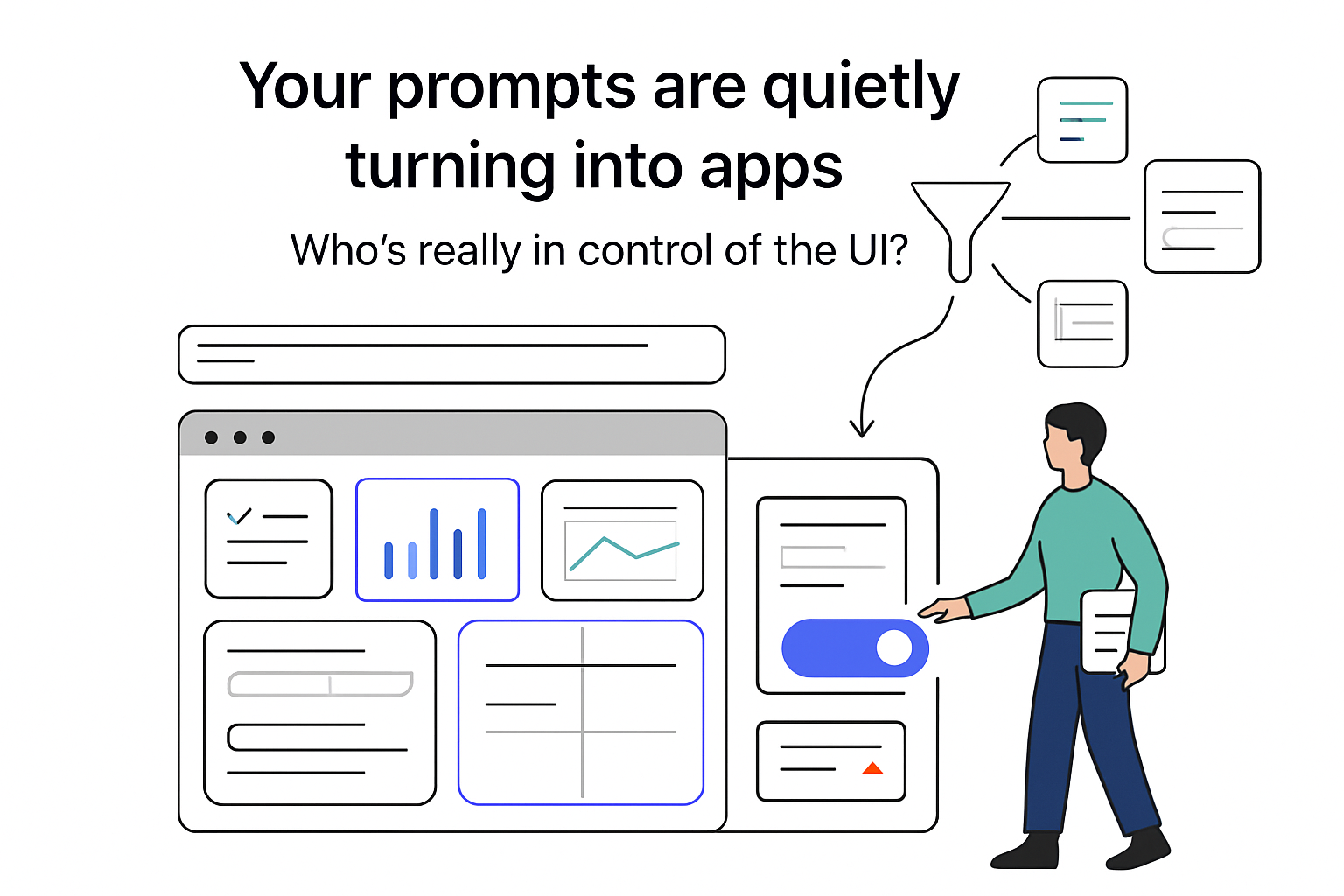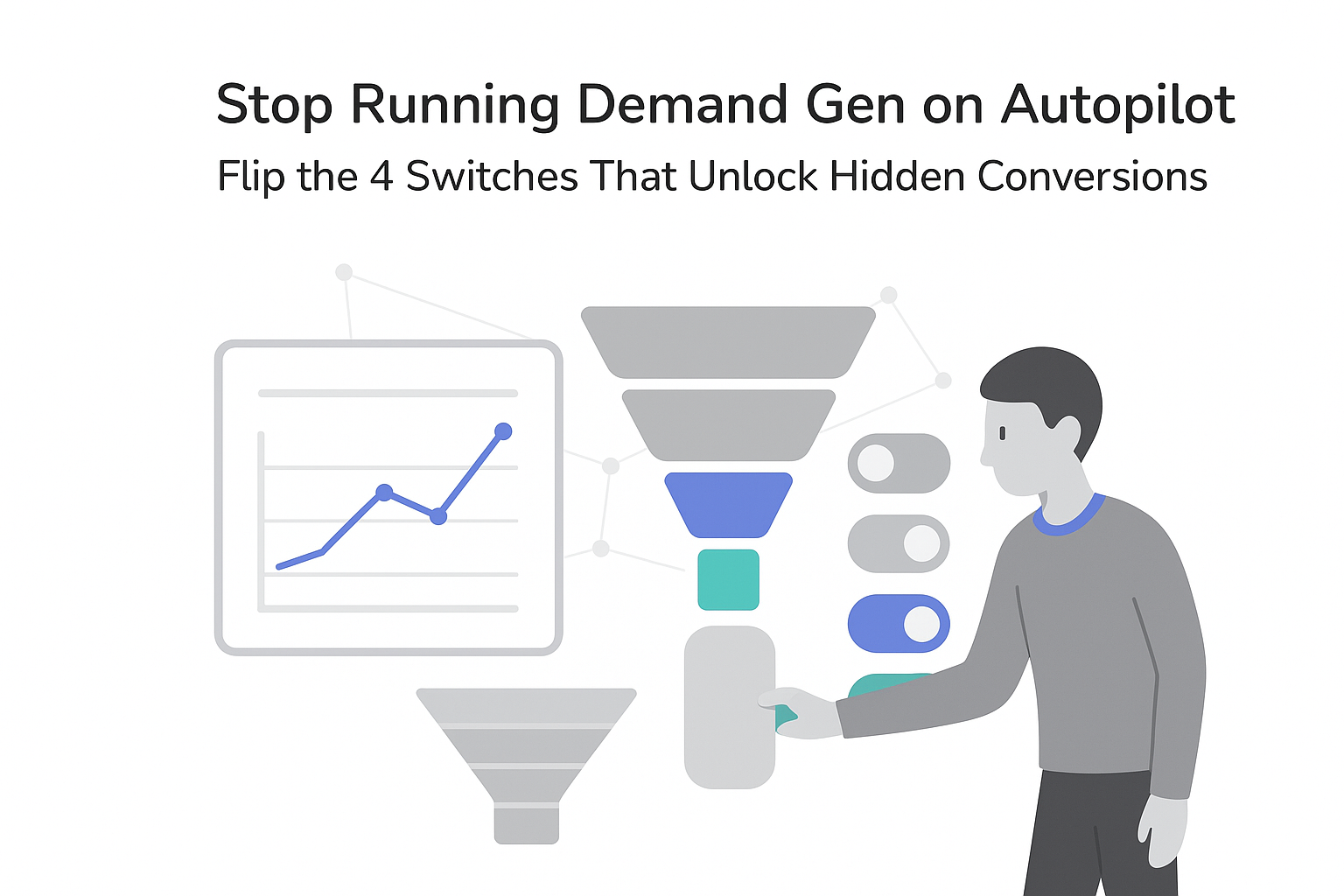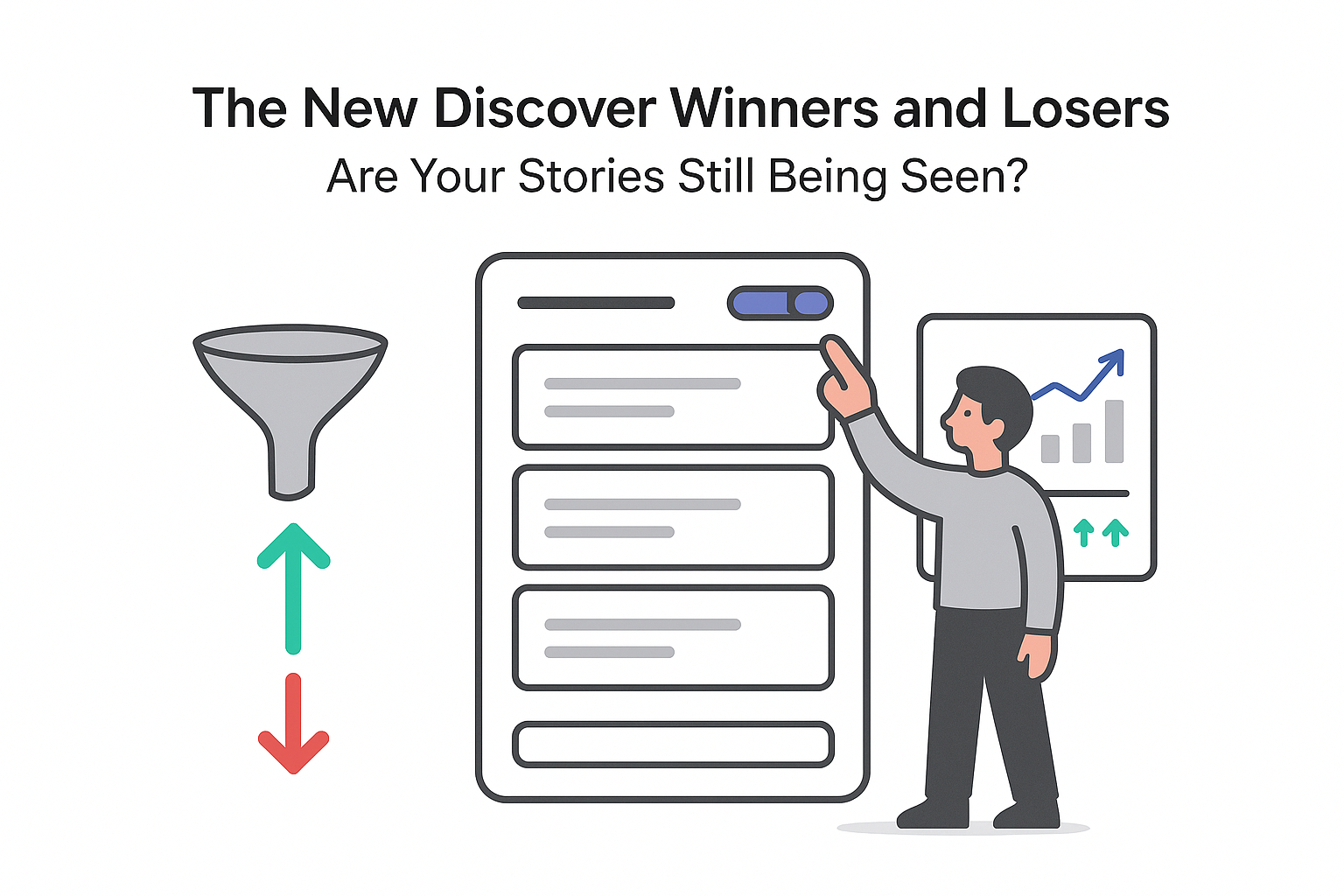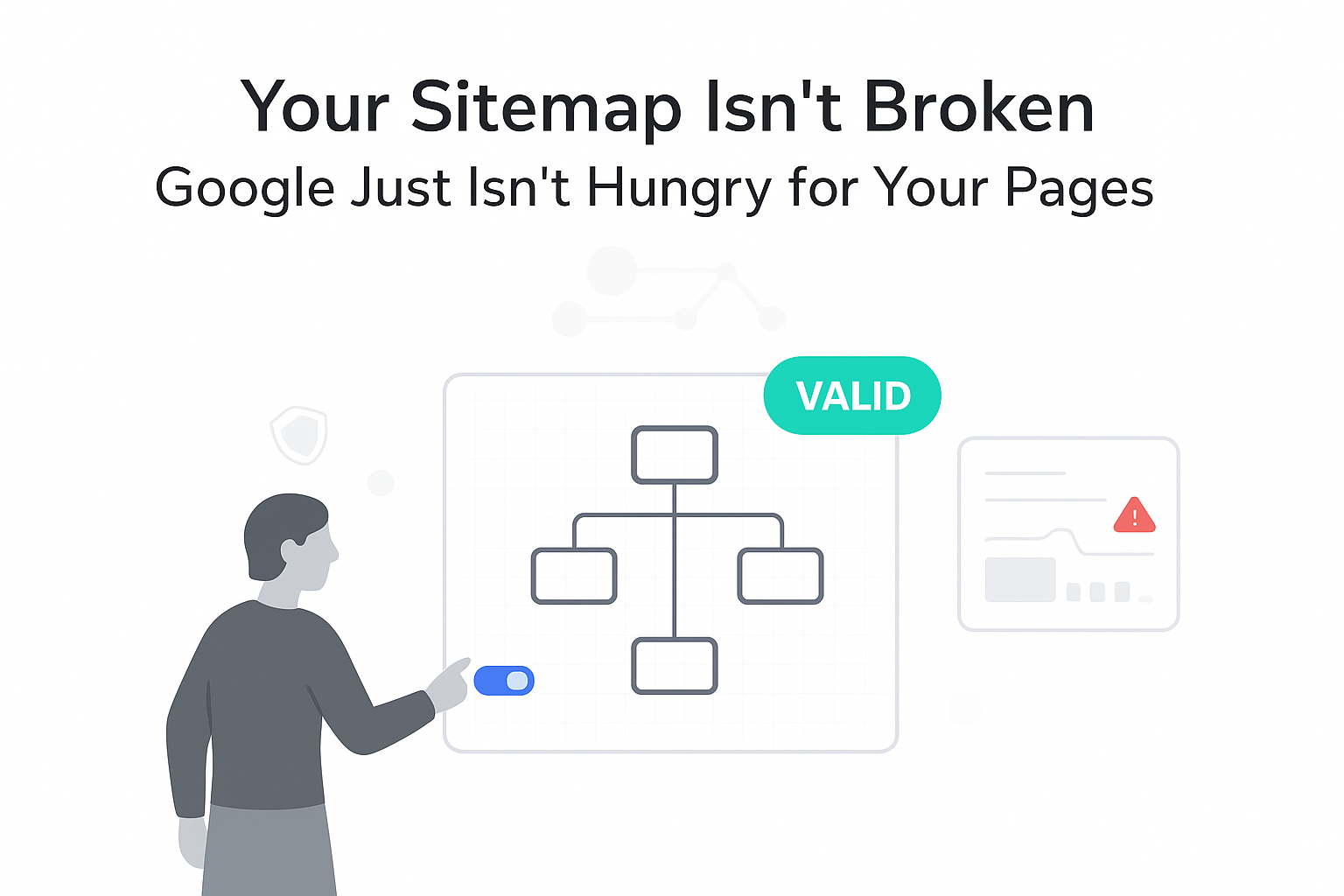On November 18, 2025, Google Research announced a new "generative UI" implementation. The capability is rolling out as experiments in the Gemini app and in AI Mode in Google Search.
Key details on generative UI rollout
Generative UI lets an AI model generate complete interactive experiences, not just text responses. According to Google, these experiences can include web pages, games, tools, applications, and other visual interfaces. Each interface is created in real time for the specific prompt, from single words to detailed instructions.
- Google is deploying generative UI in the Gemini app through two experiments called dynamic view and visual layout.
- Dynamic view uses Gemini's agentic coding capabilities to design and code a custom interactive response for each prompt.
- Google states dynamic view can support scenarios such as learning probability, event planning, and receiving fashion advice.
- In Google Search, generative UI appears in AI Mode, powered by the Gemini 3 model family.
- Generative UI in AI Mode is available to Google AI Pro and Ultra subscribers in the United States.
Google's implementation uses the Gemini 3 Pro model with added tool access, system instructions, and post-processing components. Tool access includes services such as image generation and web search, with results passed to the model or a browser. Post-processing checks model outputs to address common issues before interfaces reach the user.
For some products, generative UI can be configured to produce interfaces in a fixed visual style. When no such instructions are provided, the system selects styles automatically or responds to user styling prompts in dynamic view.
Background context on Google's generative UI research
Generative UI research is led by Yaniv Leviathan, Dani Valevski, and Yossi Matias at Google Research. Their paper, Generative UI: LLMs are Effective UI Generators, describes the principles behind the system and its evaluations. Google presents generative UI as a step toward fully AI-generated experiences that match individual user tasks, aligning with its broader magic cycle of research approach.
To evaluate outputs, Google created PAGEN, a dataset of websites built by human experts for specific prompts. According to the paper, human raters most often preferred the human-designed sites when compared with other formats. Raters next preferred generative UI interfaces, which outperformed raw text, markdown outputs, and the top Google Search result.
These comparisons did not consider generation speed, which the paper identifies as an area where current systems can still be slower. The paper also reports that generative UI performance depends strongly on the underlying model, with newer models performing better. Google notes occasional inaccuracies in outputs and lists both issues as subjects of ongoing research.
Google contrasts generative UI with static, predefined interfaces traditionally used to display AI model outputs. In generative UI, the system designs layout, content, and interactivity for each query instead of reusing fixed templates. Examples in the project include tools for Getting tailored fashion advice, Learning about fractals, and Teaching mathematics to children, with more demos available on the project page.
Source citations
- Google's announcement appears on the Google Research blog.
- Technical details and evaluations are available in the Paper "Generative UI: LLMs are Effective UI Generators".
- Interactive examples and documentation are hosted on the Project Page.
- Information about Gemini app experiments, including dynamic view and visual layout, is on the Gemini app blog.
- Details of AI Mode in Google Search and Gemini 3 integration are on the Search product blog.
- Google's broader research framework is outlined in its magic cycle of research overview.








.svg)